Keywords: National Security
There are more than 200 results, only the first 200 are displayed here.
-
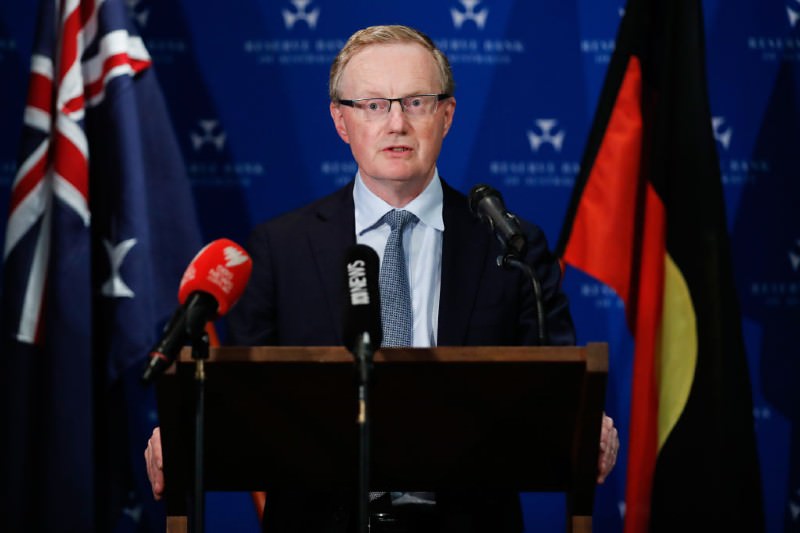
ECONOMICS
To date, most of the Morrison government’s economic packages could best be described as ‘economic welfare’. They are measures designed to limit the impact on the economy of the COVID-19 pandemic. The recovery phase will very much need to be about stimulating the Australian economy.
READ MORE 
-
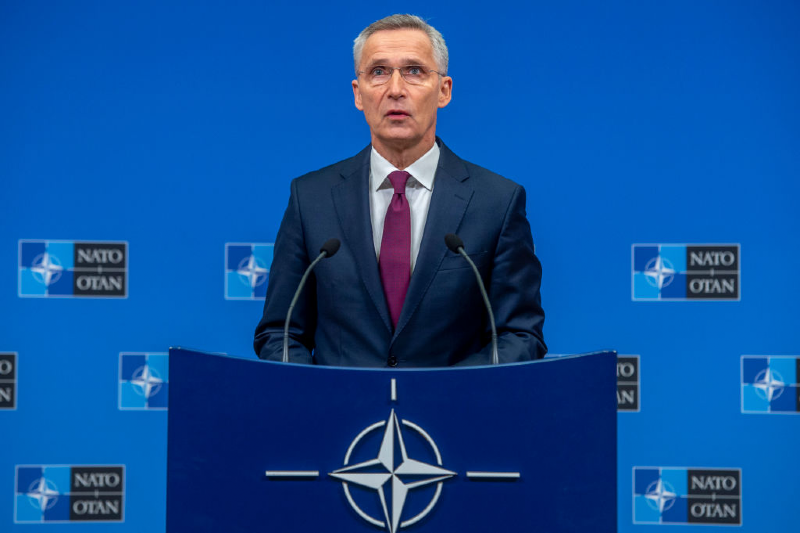
INTERNATIONAL
- Ramona Wadi
- 30 April 2020
After building a reputation for foreign intervention and collateral damage — the most recent example being Libya — the North Atlantic Treaty Organisation (NATO) is asserting its influence during the COVID-19 pandemic, this time by exploiting the humanitarian paradigm.
READ MORE 
-
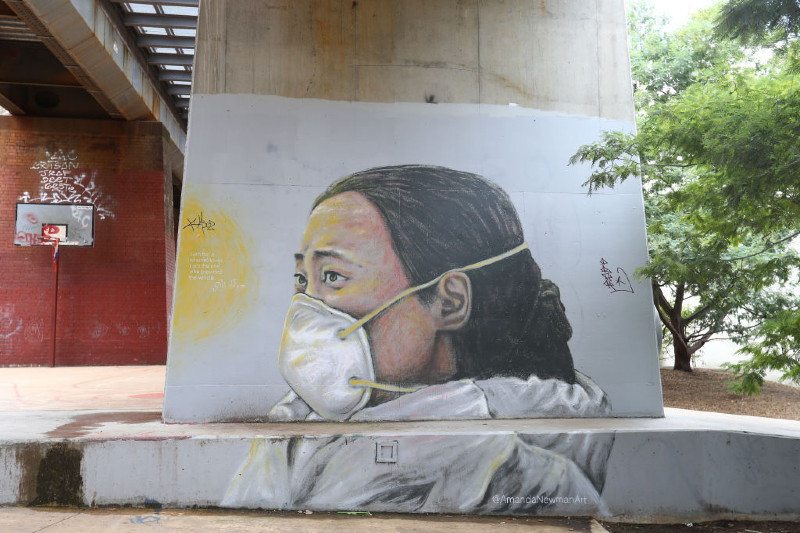
INTERNATIONAL
- Jeremy Clarke
- 30 April 2020
13 Comments
China will continue to become the dominant global player, perhaps joined by the USA if it retreats from its new isolationism. However, outbursts from President Trump, obfuscations from President Xi, threats of economic boycotts from China’s Ambassador to Australia and the recent muddied messaging from Australian political figures show that widespread uncertainty exists as to how to shape the relationship.
READ MORE 
-

AUSTRALIA
- Andrew Hamilton
- 23 April 2020
18 Comments
This year the celebration of Anzac Day will be muted. No marches, no large reunions, few speeches at war memorials. The soldiers and others who lost their lives in war will be remembered, however, as they should be. Indeed, the celebration will perhaps speak more eloquently because of its simplicity.
READ MORE 
-
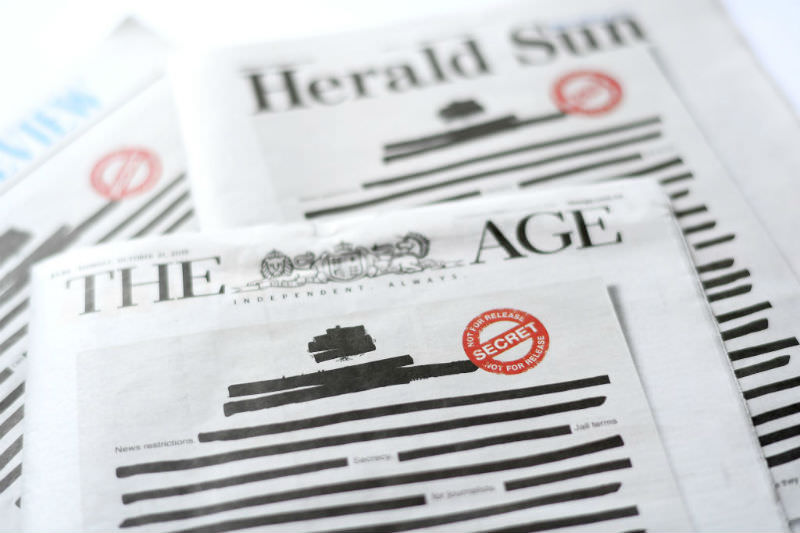
AUSTRALIA
- Binoy Kampmark
- 16 April 2020
4 Comments
The opacity of the Australian public service, and its disposition to secrecy, has left journalists in a bind. Leaks constitute the oxygen of the secret state, but publishing that material remains a dangerous affair.
READ MORE 
-
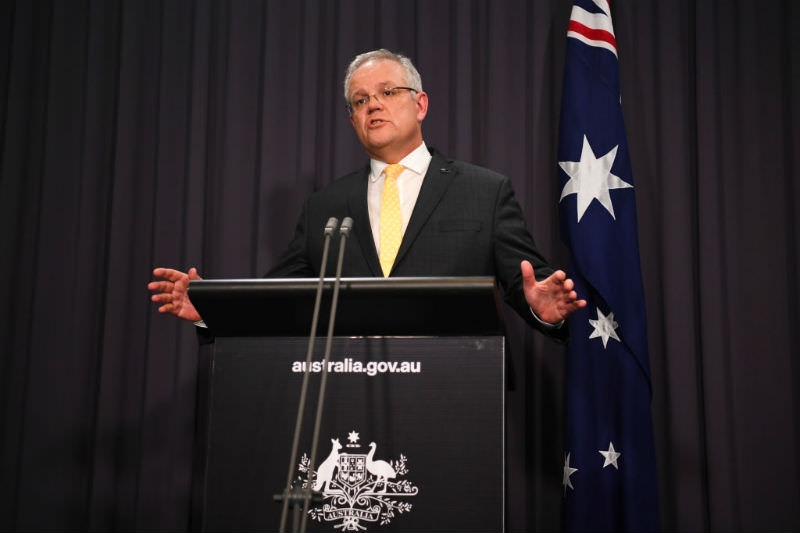
AUSTRALIA
- John Falzon
- 10 April 2020
25 Comments
Already the ideological die-hards of neoliberalism are working out how the pandemic might be manipulated to lower wages and to snap back to the old economic normal. So now is when collectively we need to take over the framing and the forming of the future. Not to snap back but to spring forward.
READ MORE 
-
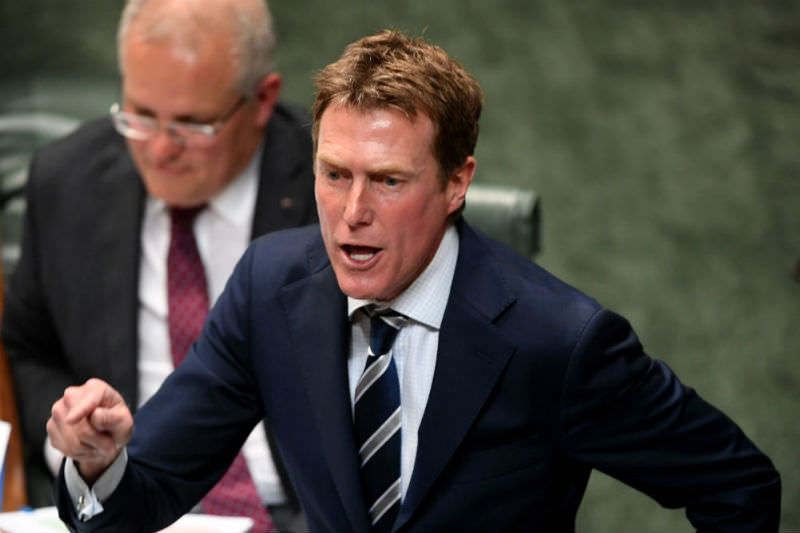
AUSTRALIA
- John Falzon
- 03 March 2020
27 Comments
The Morrison government despises the working class. There is no other explanation for its behaviour. For all the ‘lifters and leaners’ or ‘workers and shirkers’ guff that we’ve seen over the years from this and past governments, the truth is that, according to the neoliberal worldview, whether you’re in paid work or on social security, you’re despised unless you belong to its own big money elite.
READ MORE 
-
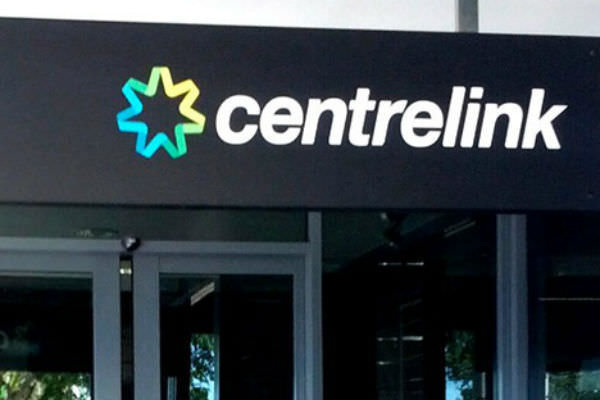
ECONOMICS
- Bree Alexander
- 25 February 2020
2 Comments
After taking account of housing costs, it is estimated that 3.24 million people, equating to more than one in eight people, are estimated to be living below the poverty line in Australia. For children, it is estimated to be one in six.
READ MORE 
-
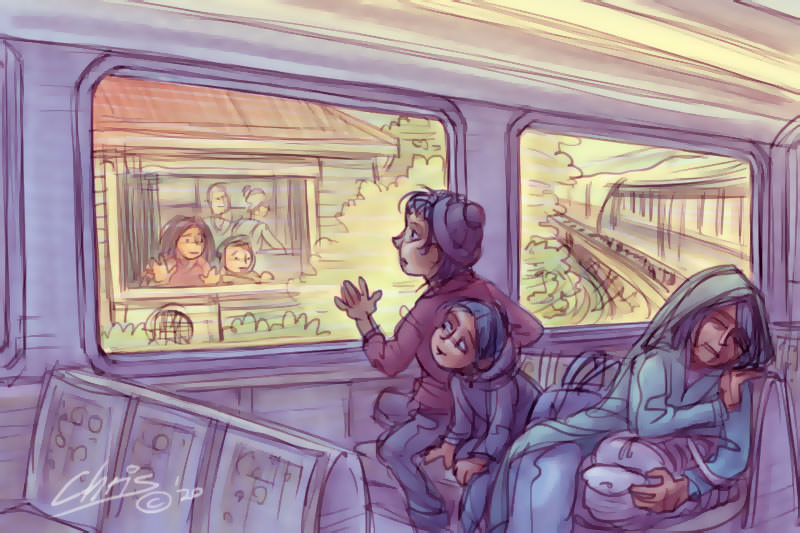
ENVIRONMENT
- Andrew Jackson
- 21 February 2020
6 Comments
As the bushfires raged and air quality worsened, we were constantly told to stay indoors, keep cool and be alert for emergency orders on our phones. But with each public service announcement, we continued to leave some of our most vulnerable behind.
READ MORE 
-

INTERNATIONAL
- Bree Alexander
- 31 January 2020
On 23 January, the International Court of Justice handed down an unprecedented unanimous decision on provisional measures in the case of The Gambia v Myanmar. While the judgement has given hope to some, the Rohingya population still remains largely in dismal and precarious refugee camp conditions.
READ MORE 
-
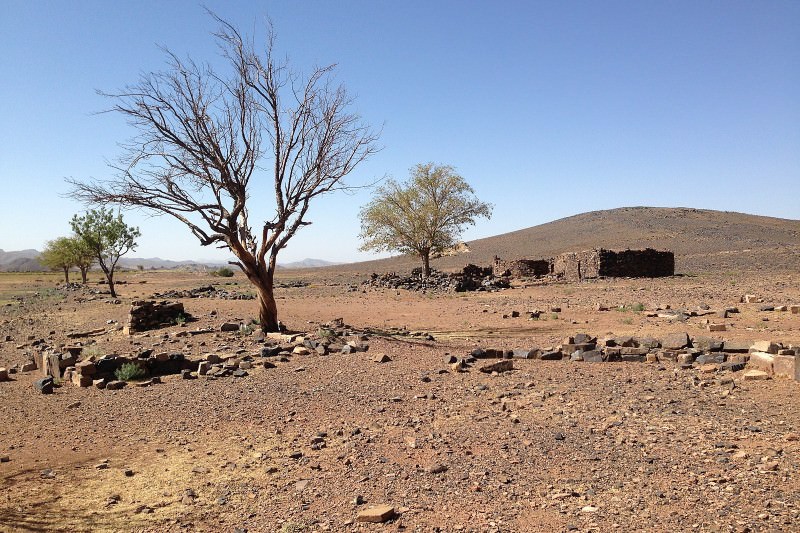
INTERNATIONAL
- Tanmay Kadam
- 22 January 2020
3 Comments
The annexation of eastern Balochistan by Pakistan after the withdrawal of the British from the Indian Subcontinent in 1948 gave rise to the Baloch independence struggle against Pakistani state. Since then, Baloch have fallen victim to forced disappearances and brutal killings by state forces and state sponsored militants.
READ MORE 
-
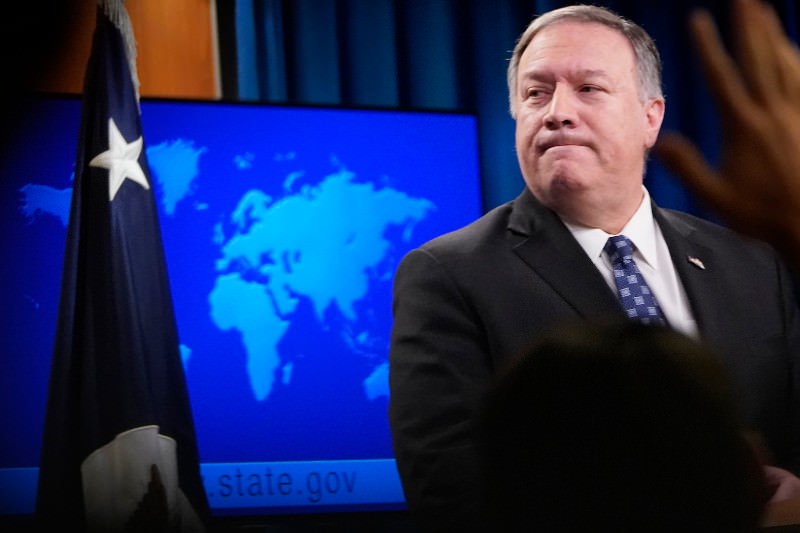
INTERNATIONAL
- Binoy Kampmark
- 08 January 2020
7 Comments
With the killing of Soleimani, the US has signalled a redrawing of accepted lines in international combat and diplomacy. Most significantly, the killing will be a lightning rod for attacks this decision was meant to prevent even as it assists Iranian policy in expelling any vestige of US influence in Iraq and the broader Middle East.
READ MORE 